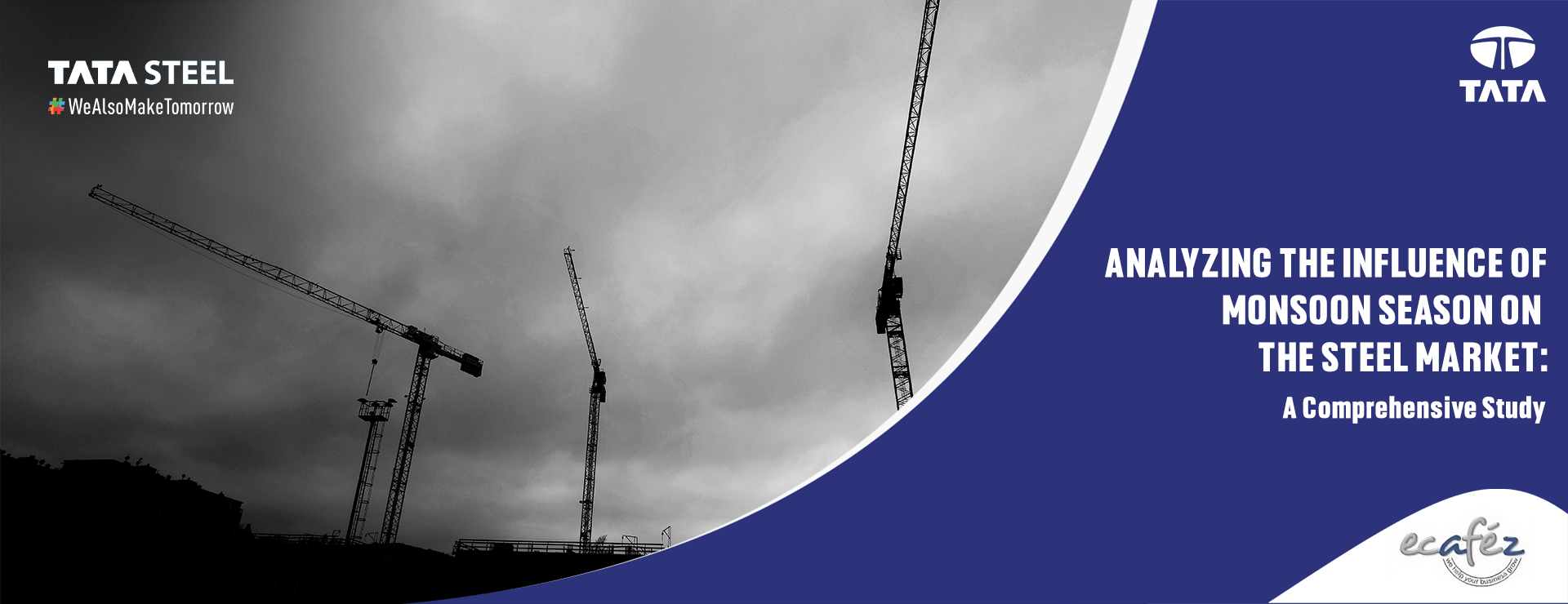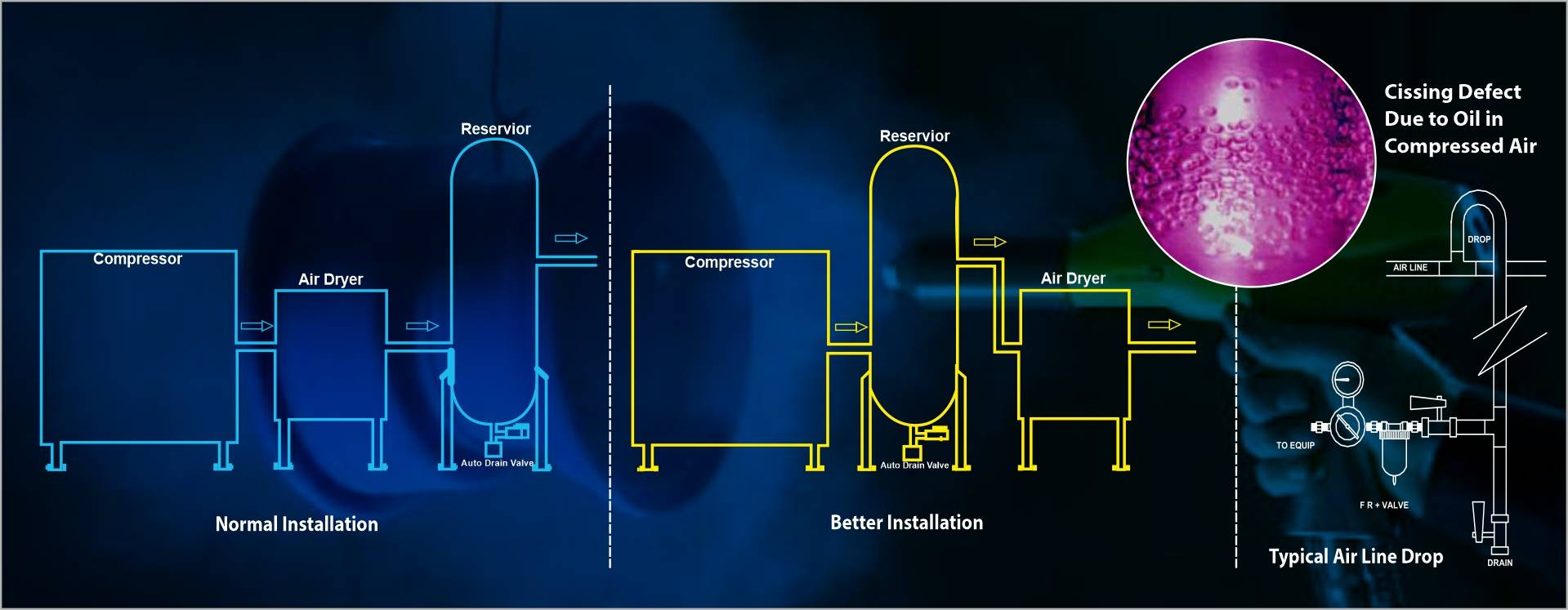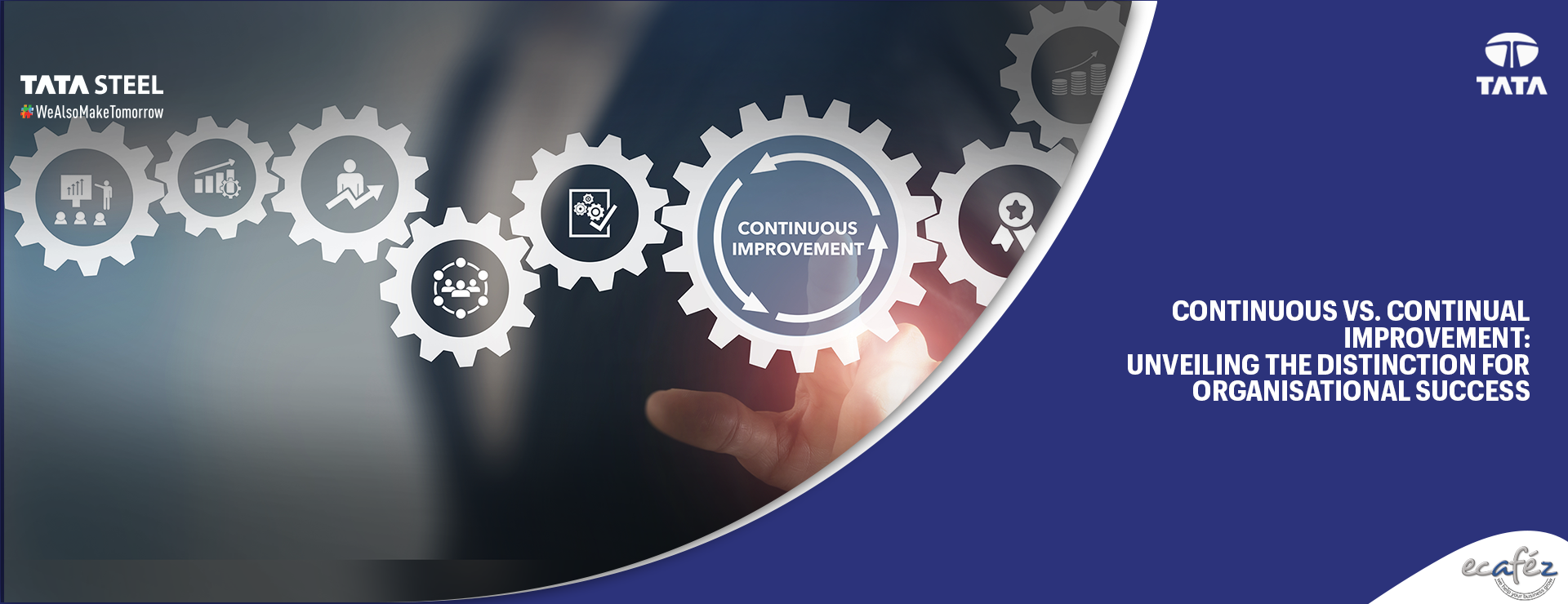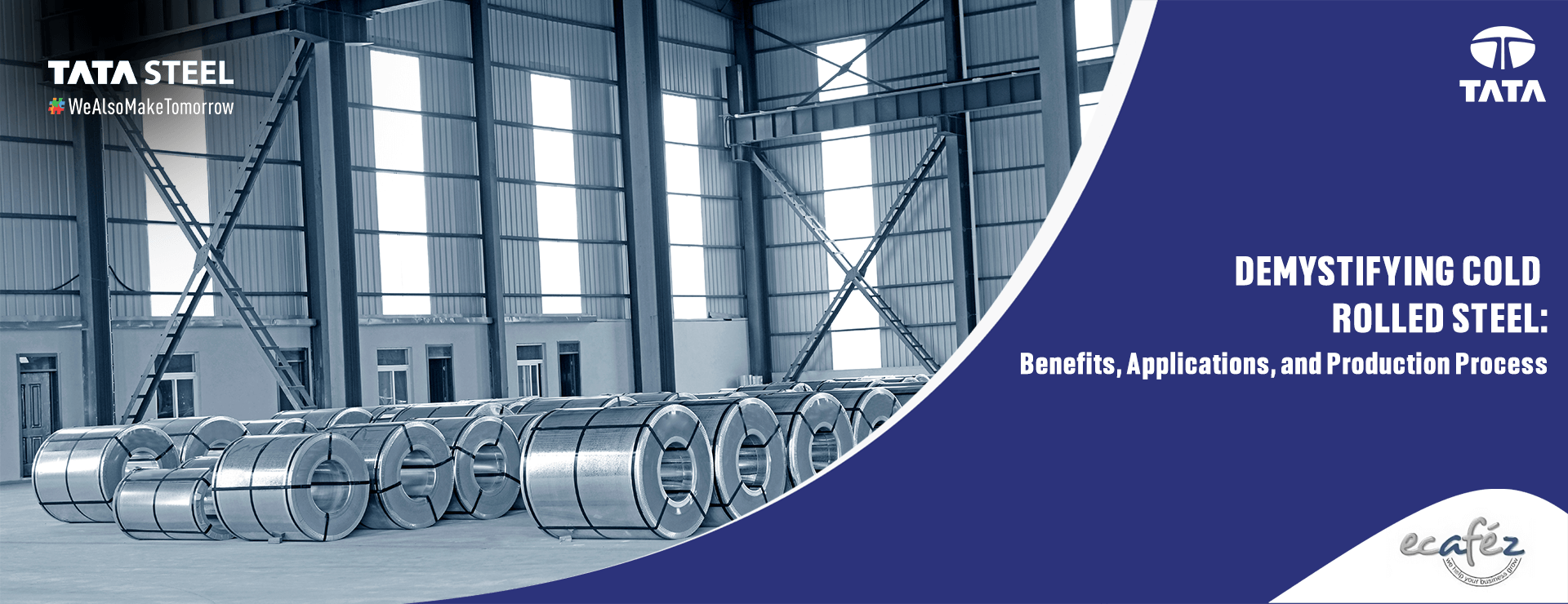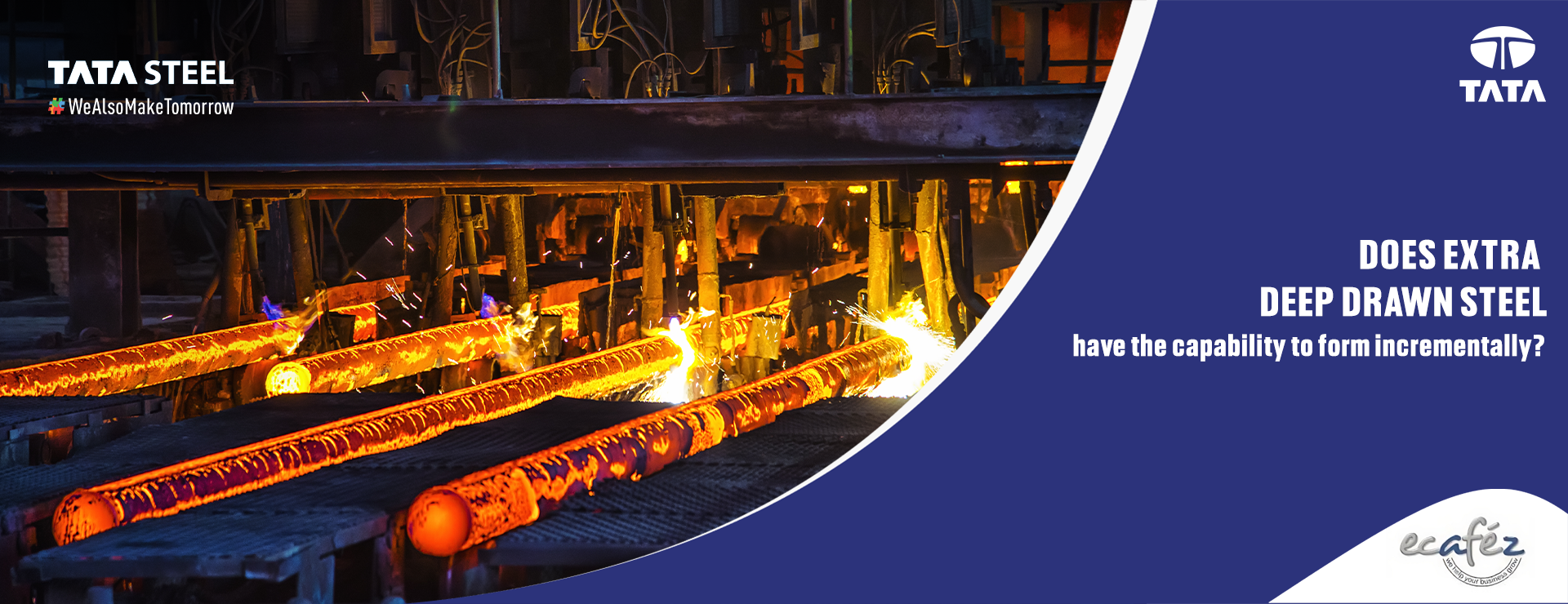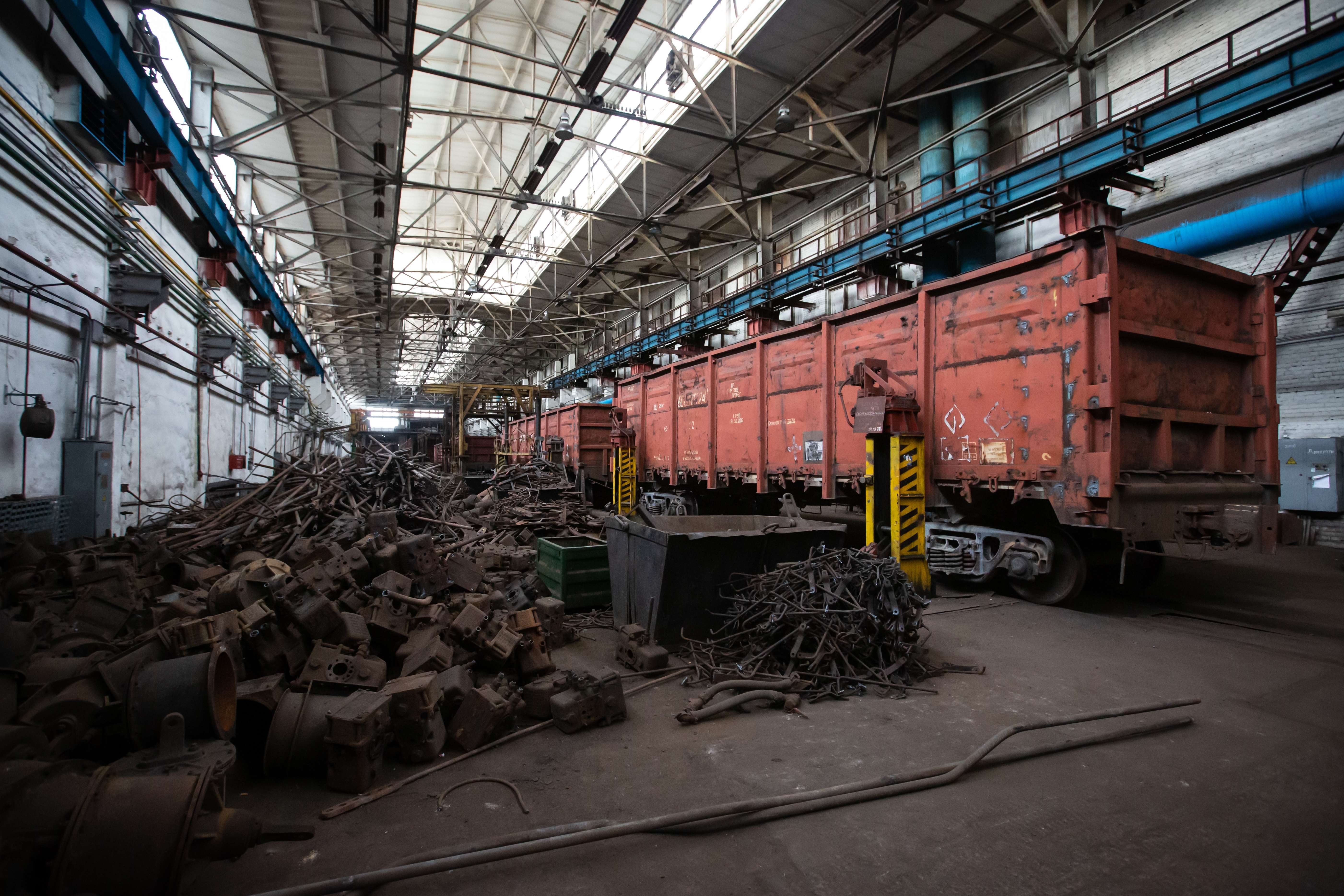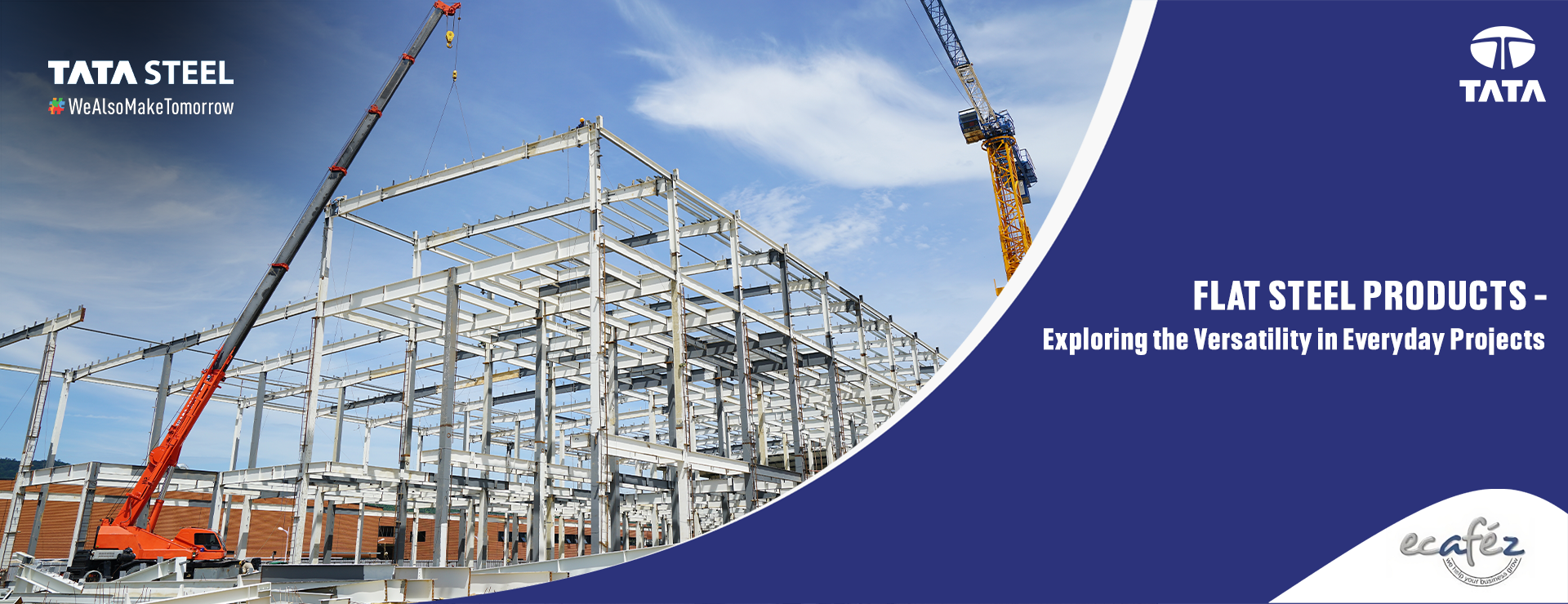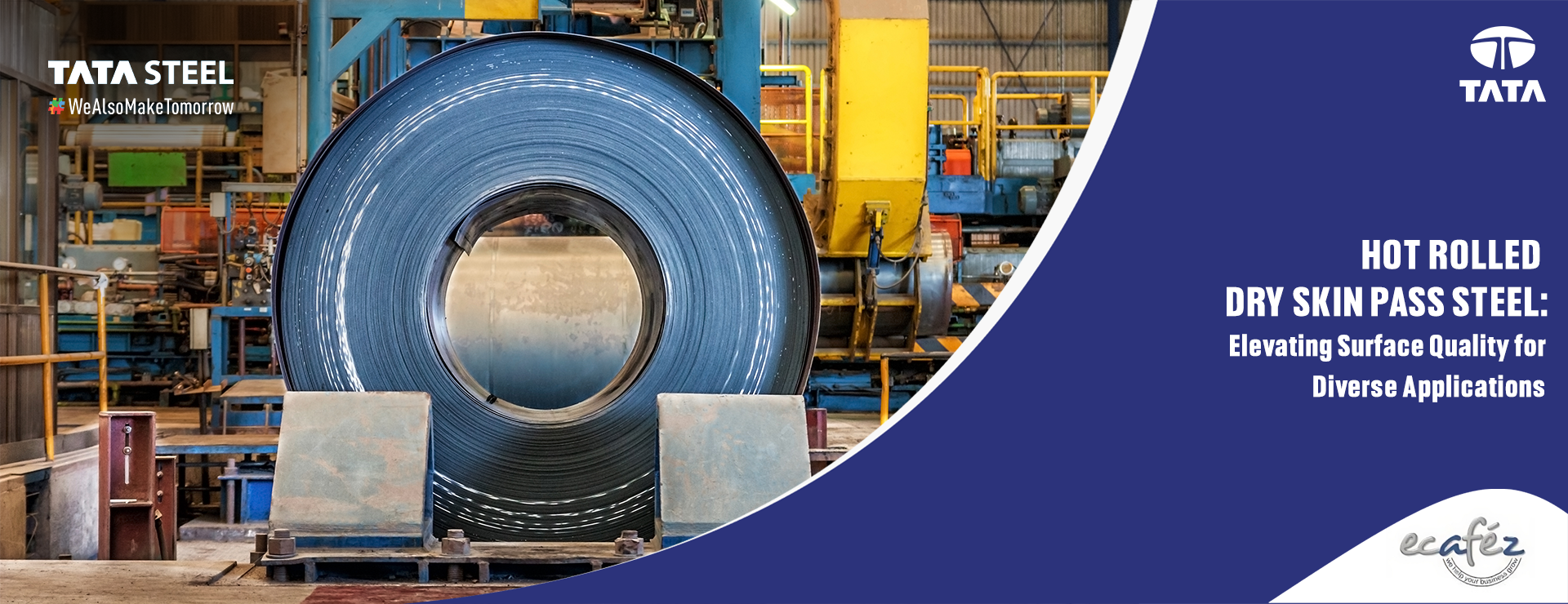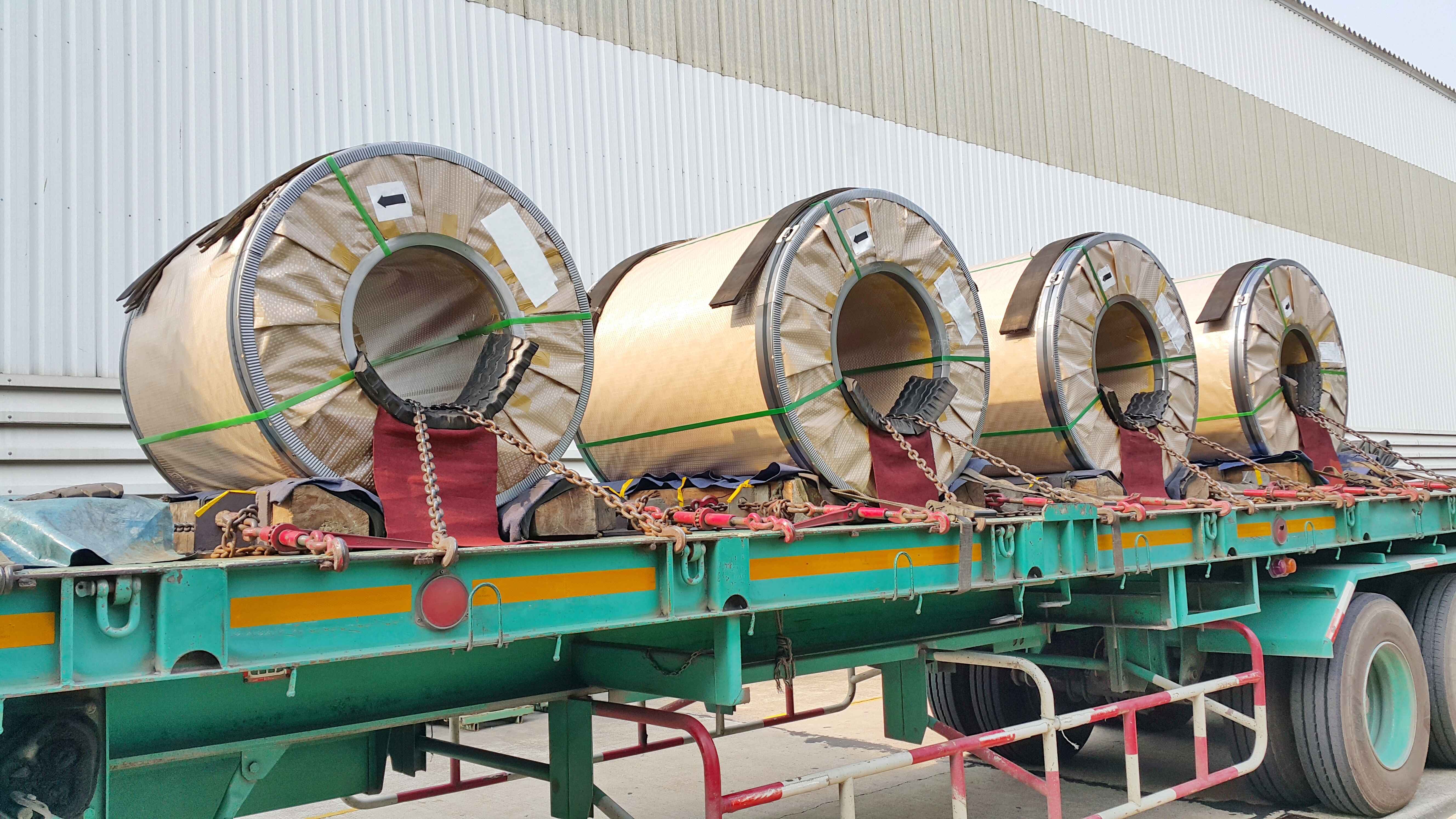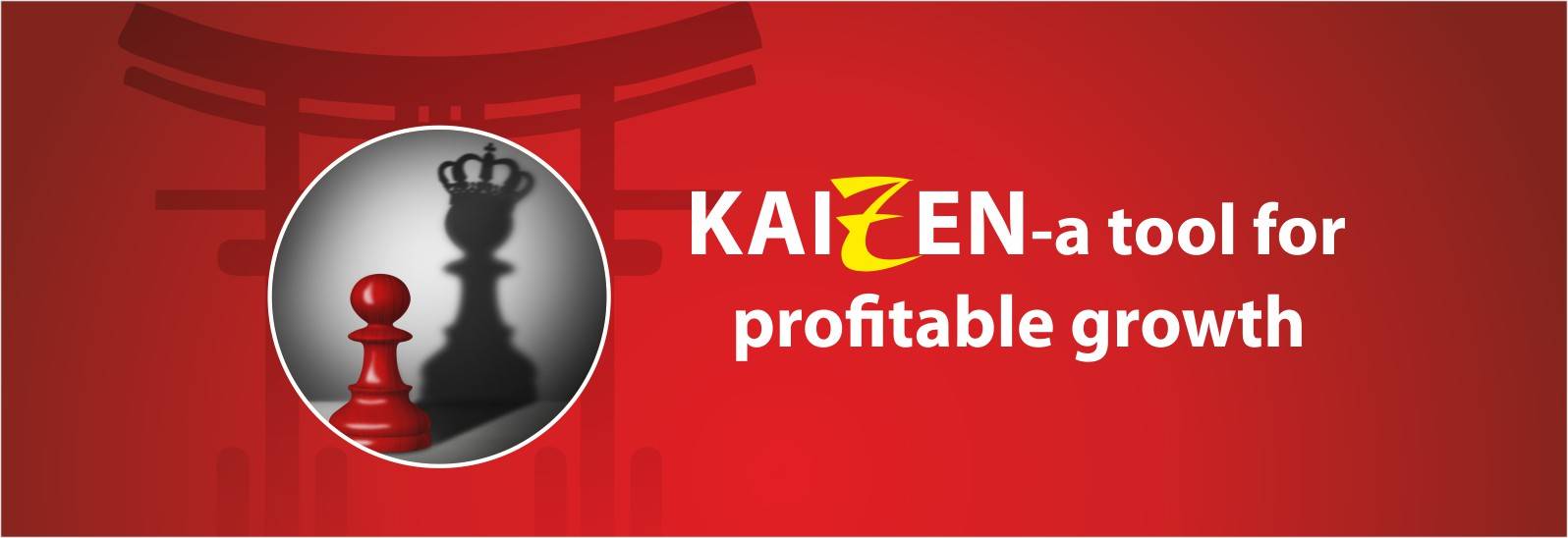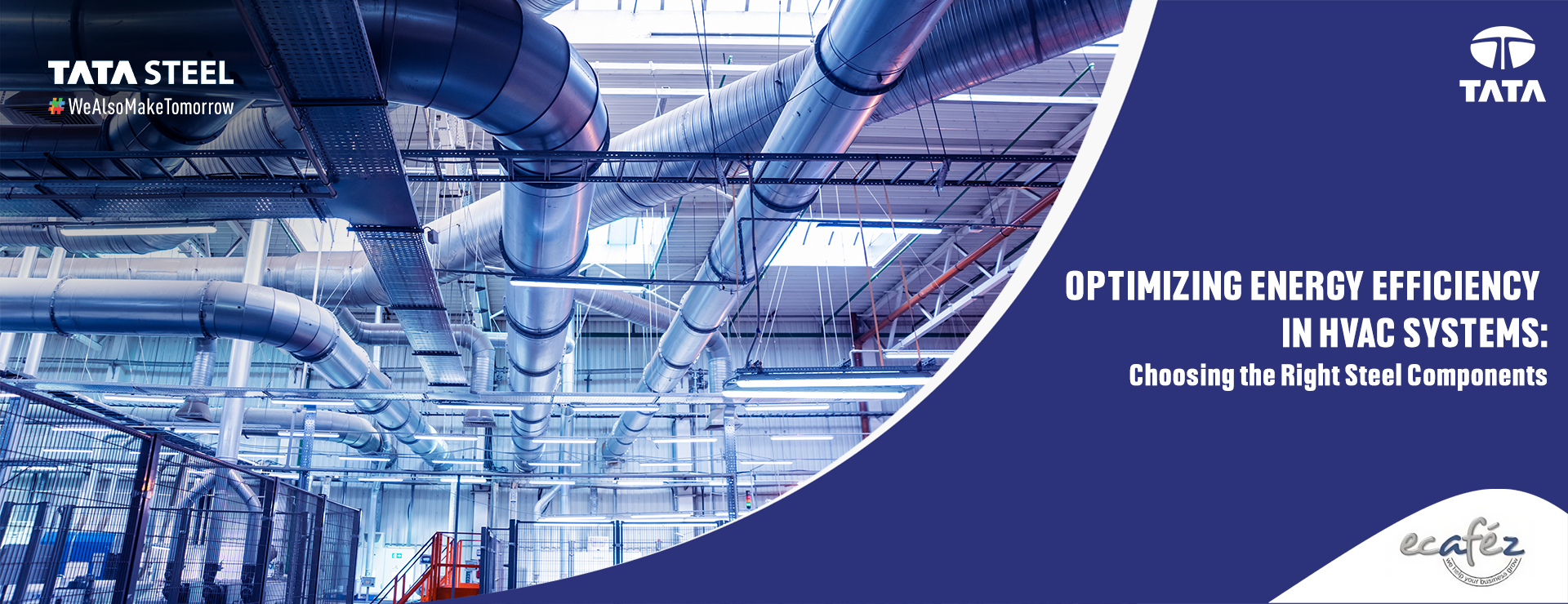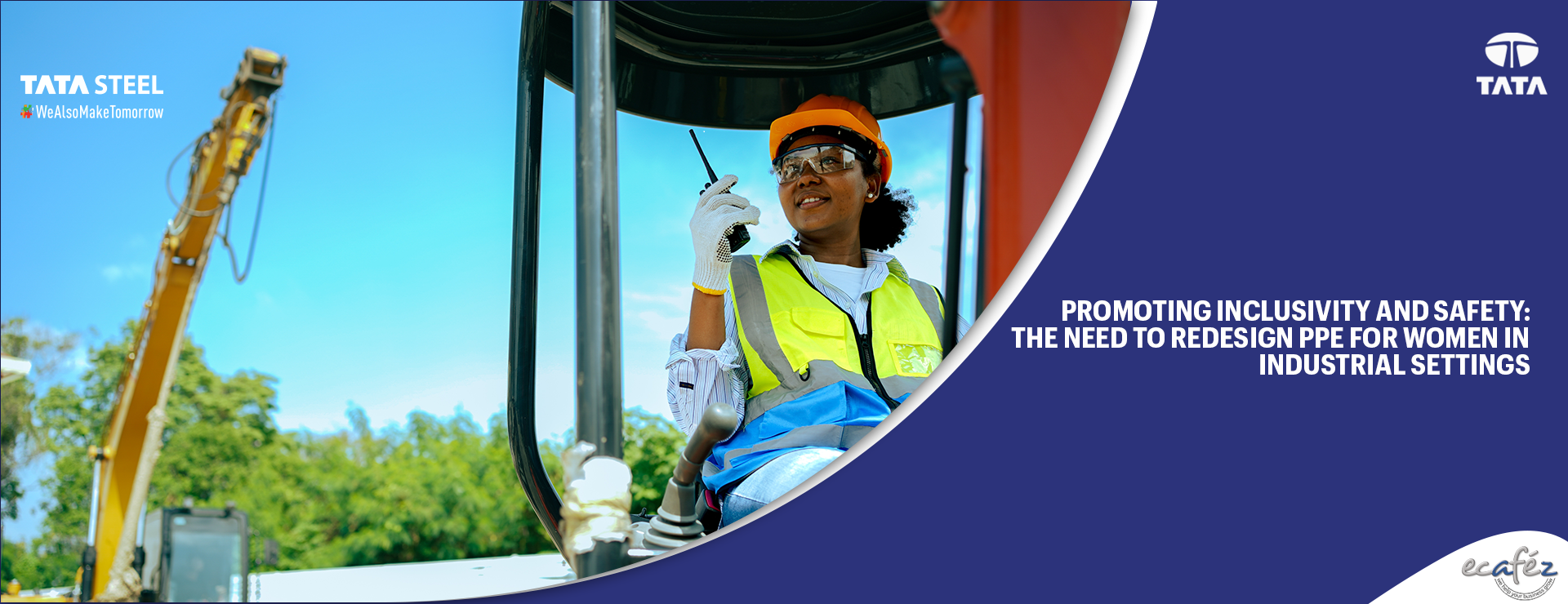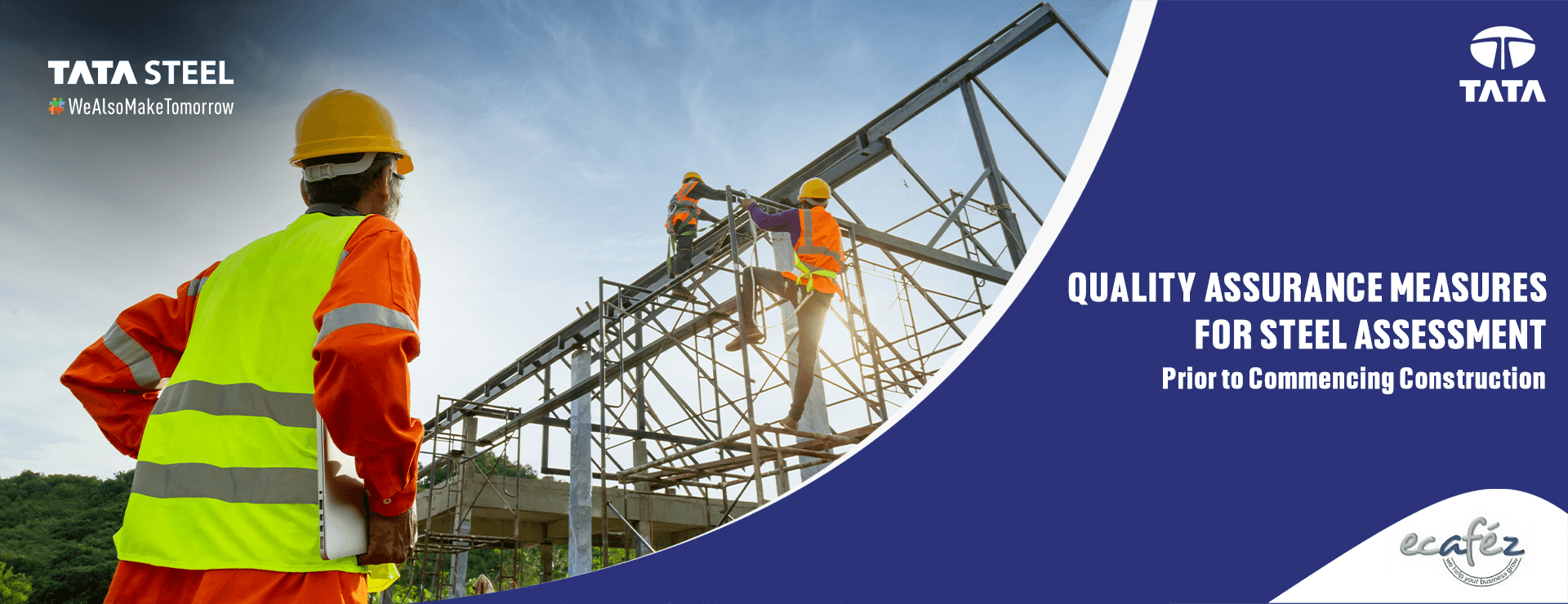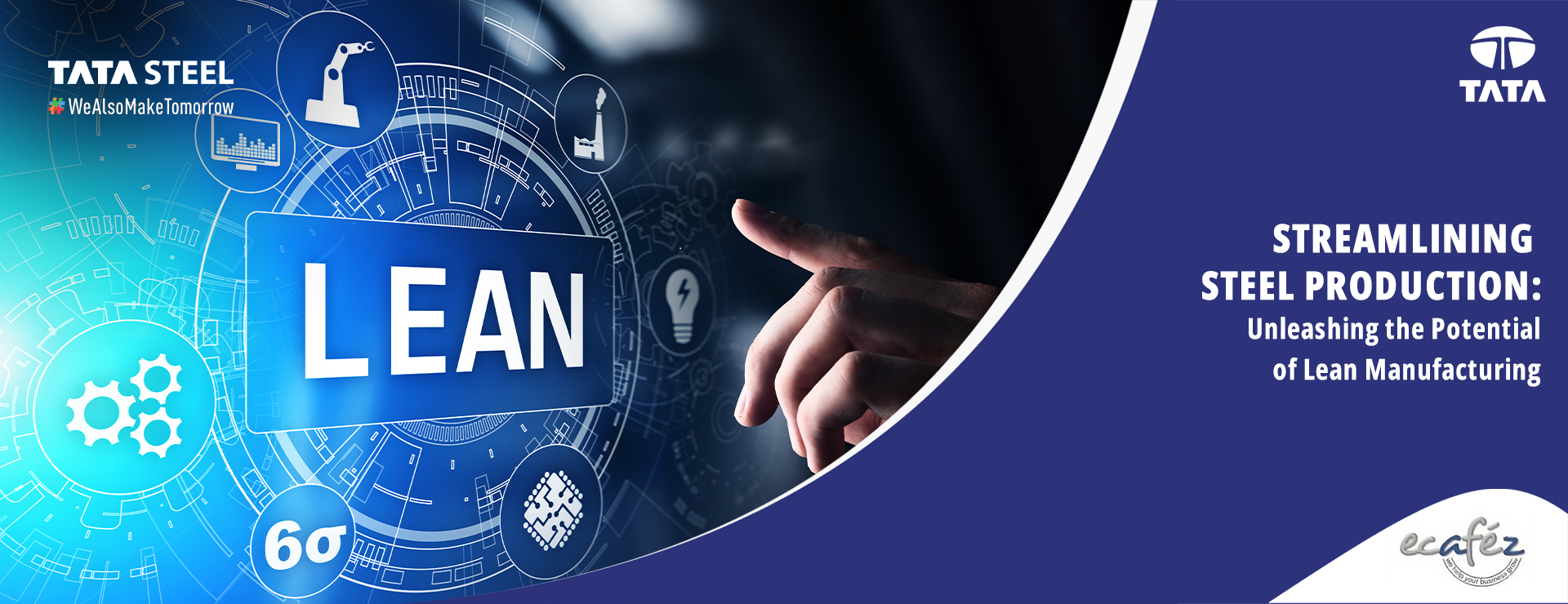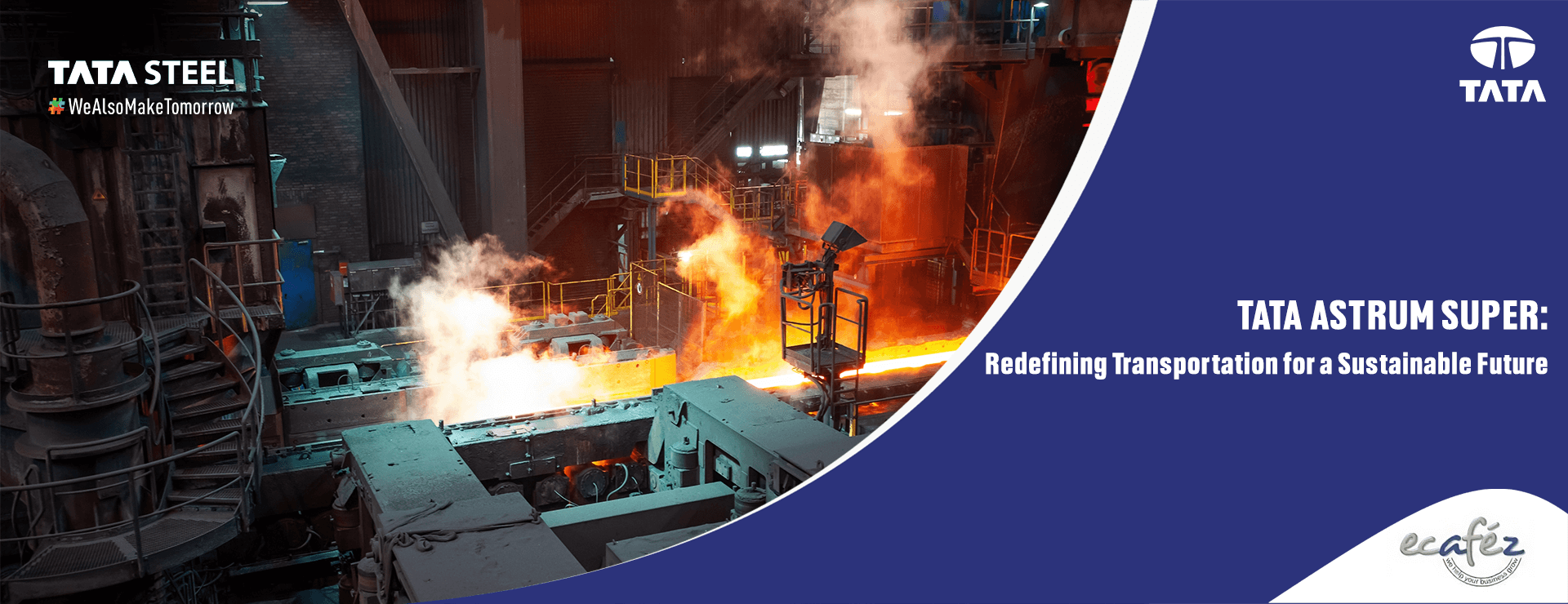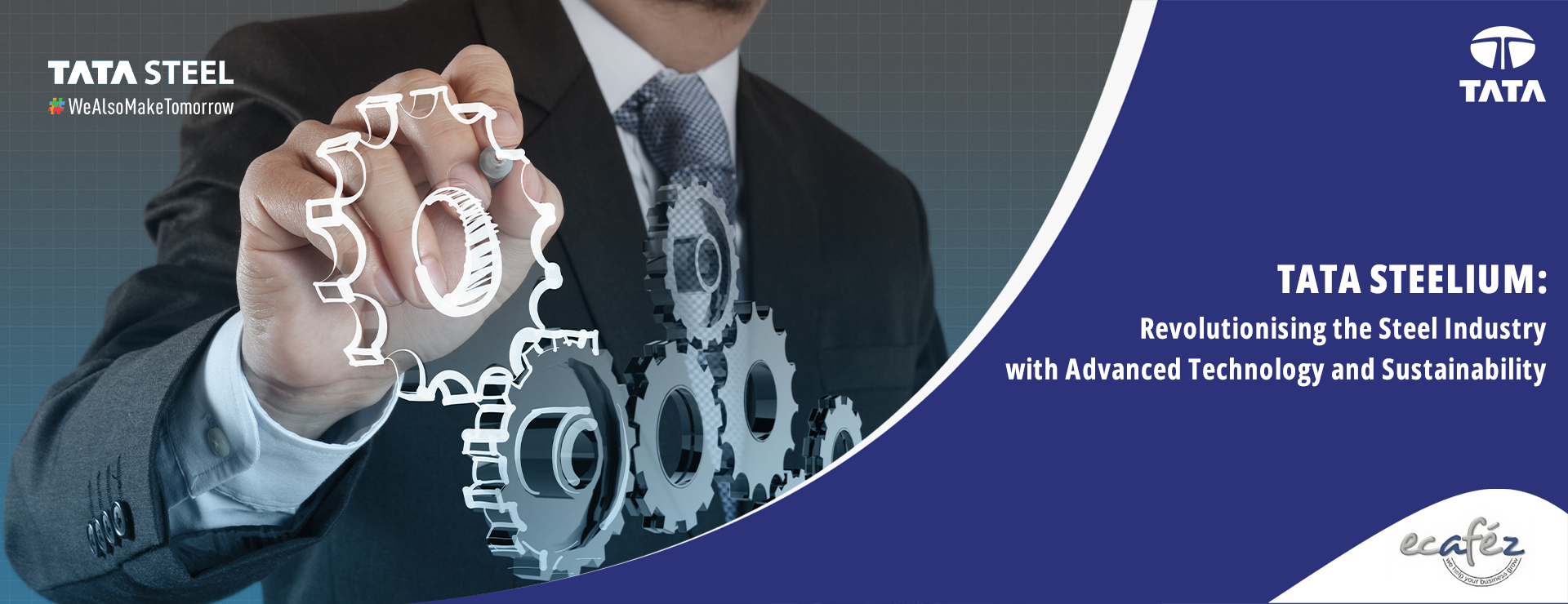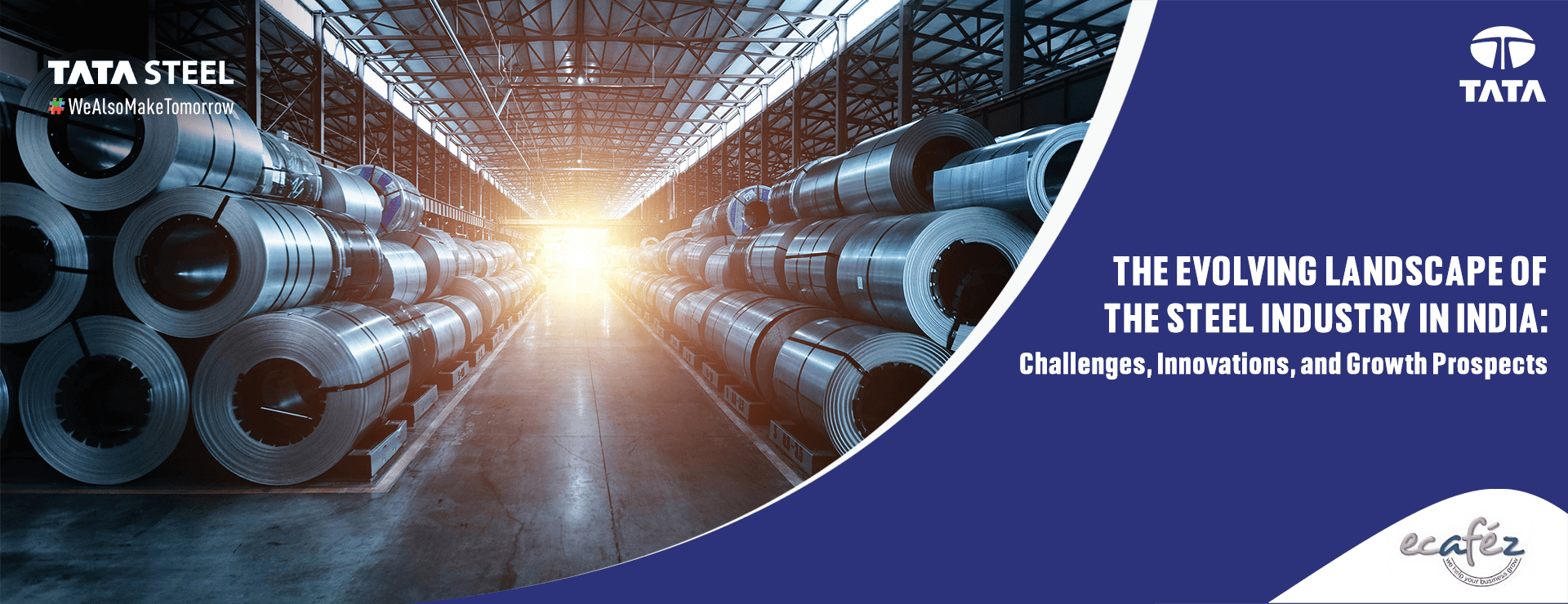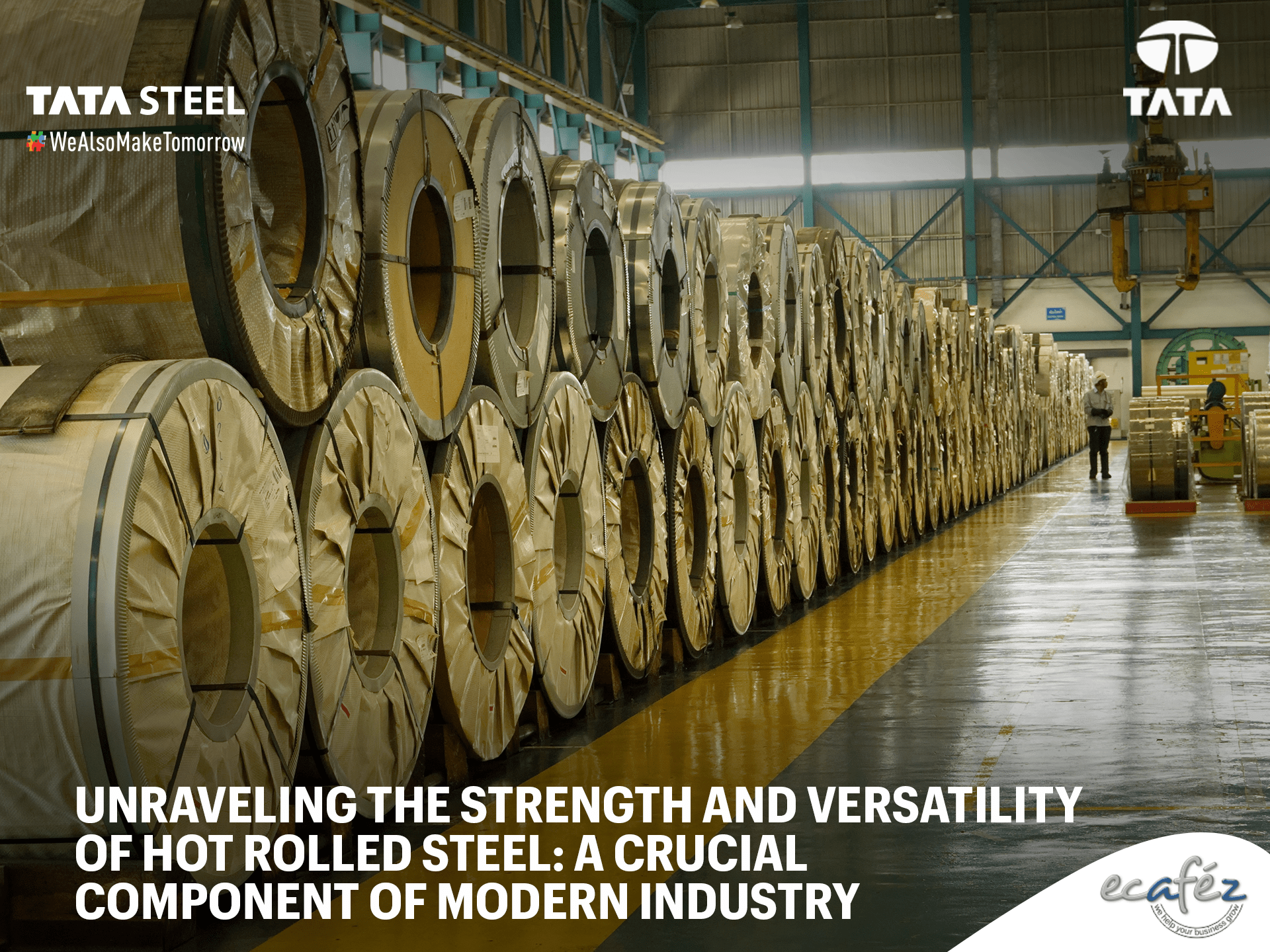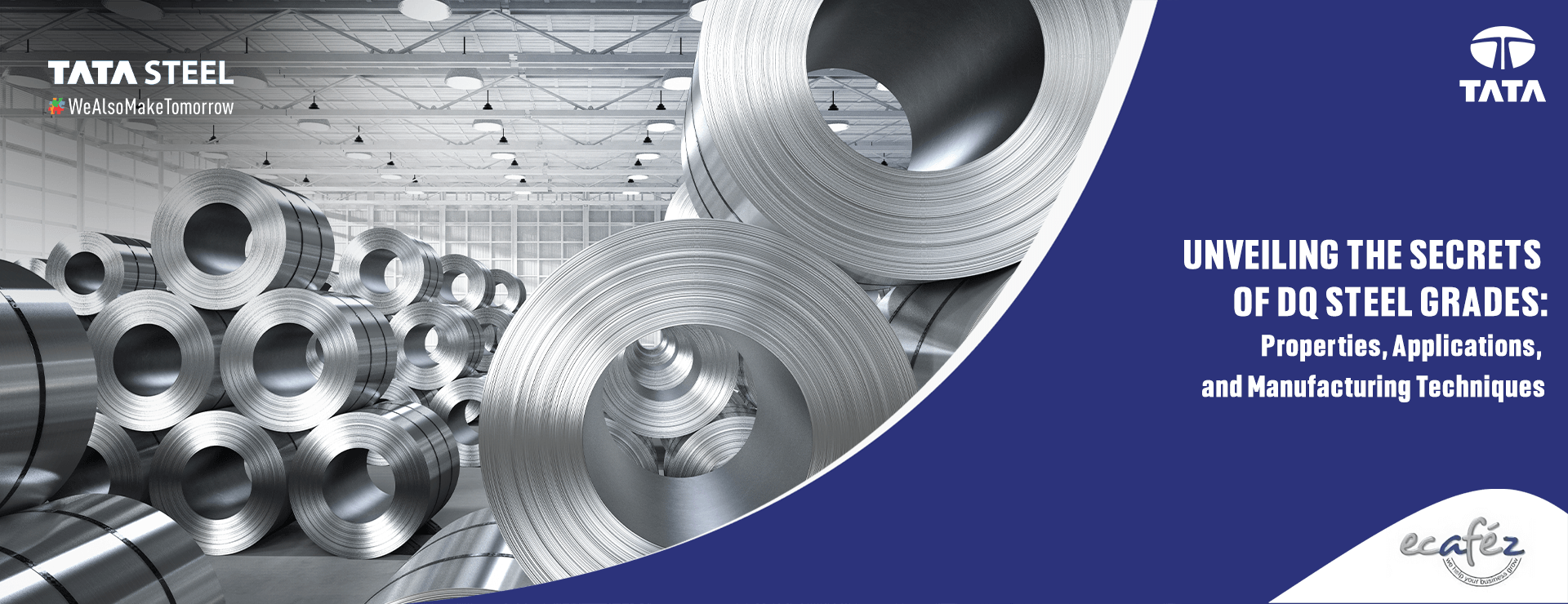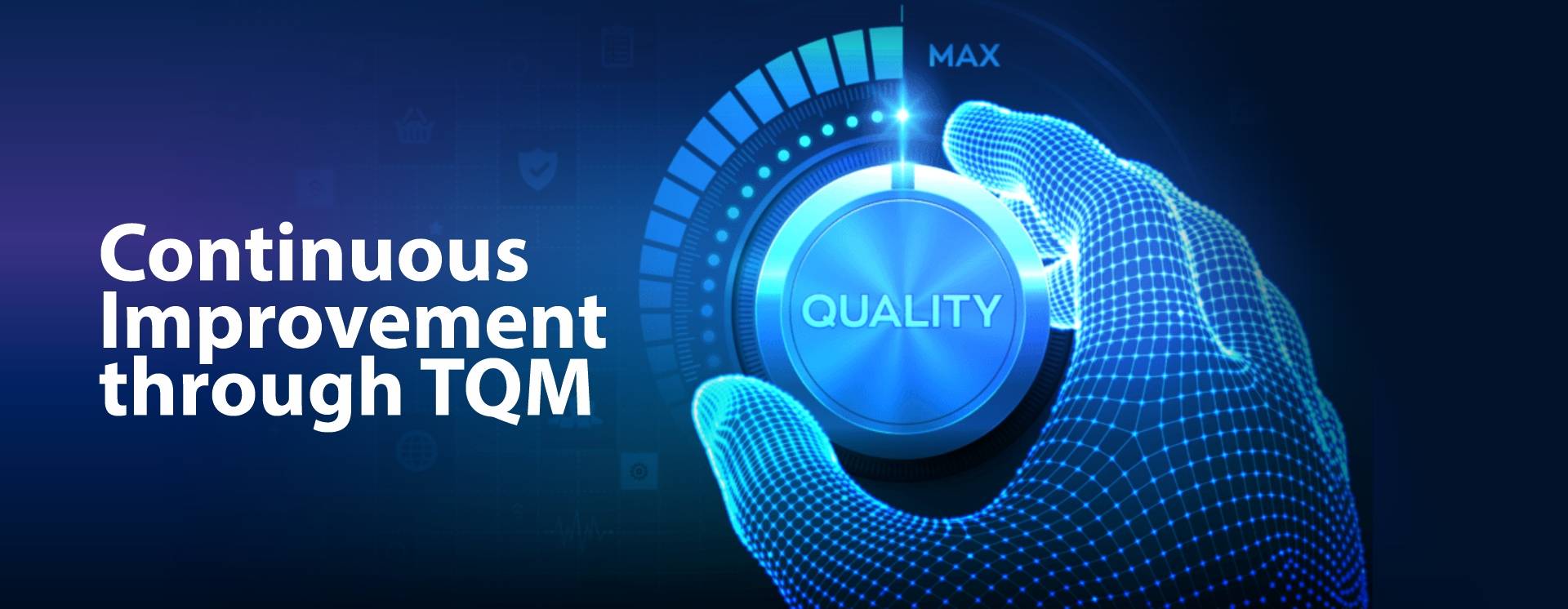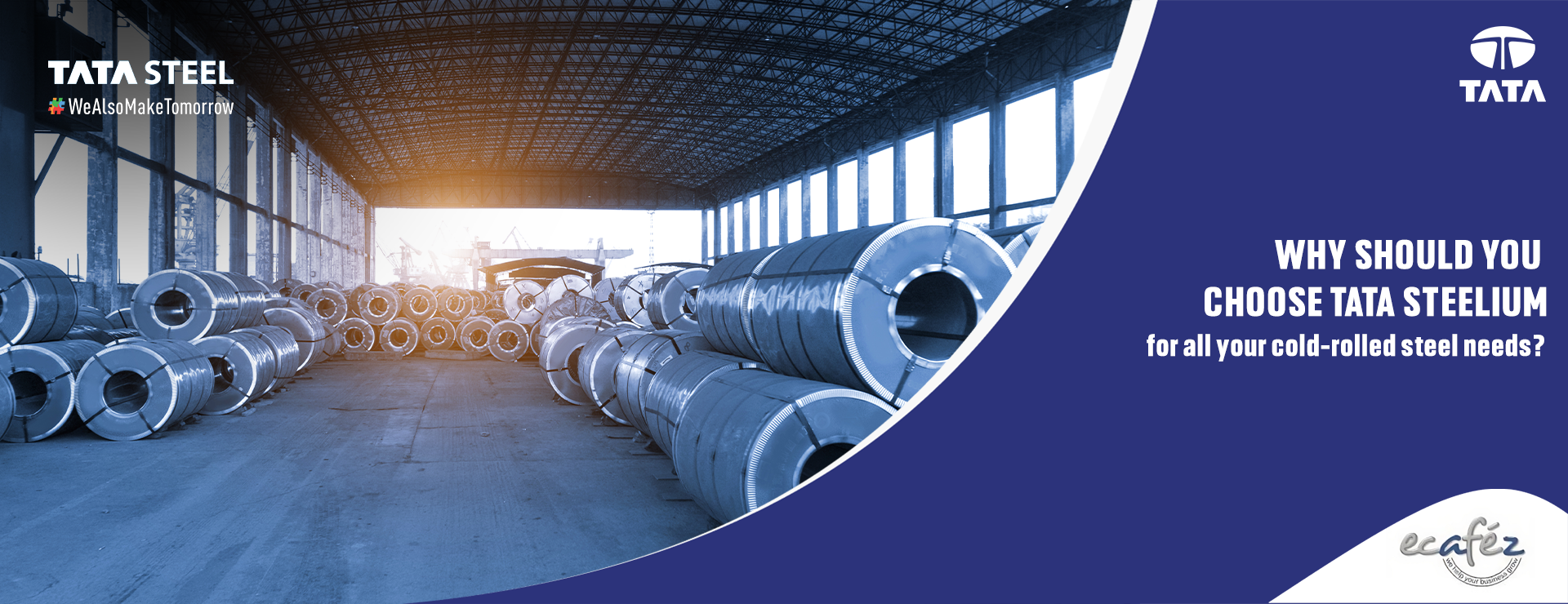Quality is the most essential and core element of every product and service to meet the needs and expectations of customers, manufacturers, supplier and other stakeholders. At the same time Quality is a highly dynamic goal, changing every day to higher standards.Future of every manufacturing industry depends on their capability to produce world-class globally competitive quality. To keep pace with the changing global quality norms, TQM is an effective approach to continuously improve the organisations process capability.
Total Quality Management (TQM) can be described as a management system for a customer-focused organisation that involves all employees in continual improvement. It uses strategy, data, and effective communications to integrate the quality discipline into the culture and activities of the organisation.
The basic concepts of TQM and implementation approach come from the teachings of various quality leaders such as Philip Crosby, Edwards Deming, Joseph Juran, Kaoru Ishikawa, James Womack, Daniel Jones, etc. TQM concepts are summarised in following 8 principles, which must be learned, understood and put in practice by every organisation who want to become world-class.
Customer-focus
Customer is the King, the ultimate judge of quality. Every industry is established to satisfy the needs of customers only, if it fails it cannot survive. Therefore it is essential to know, what customer is looking for? Traditionally most of the companies define quality from their design engineer’s perspective, which is no more relevant. Your product design, production and delivery schedule must be as per customer requirements. Today customers are looking not only product quality, but for a bigger aspect of quality called as “Value”. Value has four main components; product Quality, Speed of delivery, Experience during purchase & use,and competitive Price (Qsep).Every industry whether large, medium, or small must understand “customer value proposition” and reengineer its design, production, and delivery processes to address it.
Total Employee Involvement
TQM is a common goal of the organization, it is not one person’s or only quality function’s job. TQM needs involvement of all employee in totality, with no exception. TQM requires commitment of everyone,that can be made possible only when all employees are competent to do their job, and motivated. This requires a good training-learning system and quality work culture to inspire employees for whole-hearted involvement. Leadership has the greatest role to create a culture of total employee involvement.
Process-centered
Quality is built in the processes.A process is defined as a series of steps that must be performed properly in proper sequence to deliver value desired by the customer- this is process thinking. Industries need to re-engineer and standardise processes to facilitate people to follow the standards to attain the goal of TQM- “Create value for customer and wealth for organisation”.
Integrated system
A system is a set of activities and procedures to attain the organizational goals. Traditional organizations are managing the business through various vertical functions like marketing, design, purchase, production, quality assurance, shipping, etc. Each function is working in isolation to attain their functional goals, which may not address customer purpose. TQM requires an integrated horizontal system to attain only one goal- create value for customer and wealth for the organization.Industries need to re-design and transform their vertical functions into value streams and operate it on concept of horizontal value stream management.
Strategic and systematic approach
critical part of the management of quality is the strategic and systematic approach to achieving an organization’s vision, mission, and goals. This process, called strategic planning, includes the formulation of a strategic plan that integrates quality as a core component of customer value. Industries need to develop processes and people to attain the purpose- “create value for customer and wealth for the organization”.
Continual improvement
Quality is a dynamic target. Every day in market we get a new product, which is better than existing one. The same principle applies to your industry also. If you don't improve your product quality, your competitor will replace you with a better offering. Therefore major thrust of TQM is continual improvement of products and processes. Continual improvement drives an organization to be both analytical and creative in finding ways to become more competitive and more effective at meeting stakeholder expectations.
Fact-based decision making
Generally in traditional management approach, most of decisions are taken by top management and senior managers based on their experience and imaginations, which cannot be correct in all situations. In order to know, how well an organization is performing, data on performance measures are necessary. TQM requires that an organization continually collect and analyze data in order to improve decision making accuracy, achieve consensus, and allow prediction based on past history and facts.
Communication
To attain quality goals, it is essential that there should be one and only one interpretation and understanding of quality to all stakeholders. This can be made possible by effective communication system. During times of organizational change, as well as part of day-to-day operations, effective communication plays a large part in setting the goals, making action plans, maintaining morale and motivating employees at all levels. Communications involve strategies, method, and timeliness. Daily work management and visual management are effective communication tools for the world-class organizations.
How to implement TQM in an Industrial organization?
Most of the TQM principles are adopted and addressed by various continuous improvement methodologies such as ISO Quality Management System Standards, Lean Management Systems, Six Sigma Methodology, Theory of Constraints, Business Excellence Models, etc. Industrial organizations desirous to keep pace with global quality, should select any one of themodels like Lean Management, QMS, TOC or any other approach and follow the standard implementation methodology.
Lean Manufacturing is one of the most comprehensive approaches to implement Total Quality Management in Small, Medium and large Enterprises. Lean/TQM implementation steps include; awareness, system gap diagnosis, process reengineering, standardized work, competency development, and process improvement.
Tata Steel is supporting its Emerging Corporate Account customers to learn and implement TQM, Lean Manufacturing, Cost Reduction technique through webinars, workshops and problem-solving clinics. ECA customers can contact Tata Steel (Marketing) for further information and guidance.





